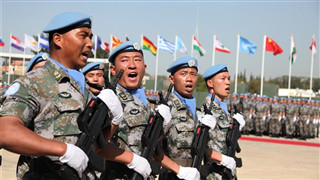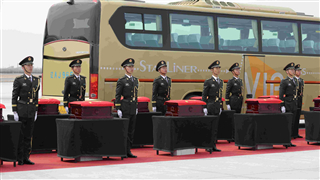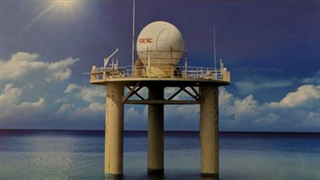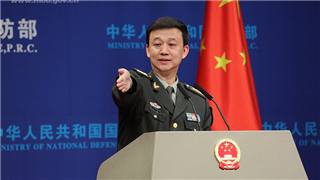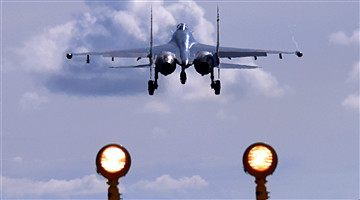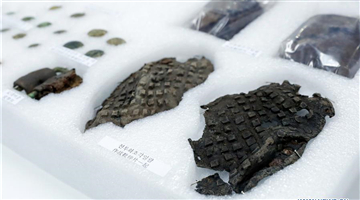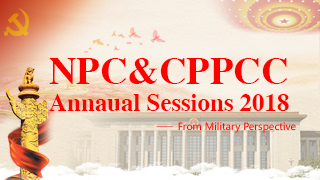US National Security Adviser John Bolton, the US State Department and the Pentagon all blamed People's Liberation Army (PLA) fighter jets for crossing the so-called "middle line" of the Taiwan Straits.
What's ridiculous is how the US and the Tsai Ing-wen administration are continuously breaking the status quo in the Taiwan Straits, but Washington is accusing the PLA of doing that.
Washington is following a wrong line in the Taiwan Straits. It is playing the Taiwan card because it regards China as a strategic rival. The US has overestimated its military power's deterrence of the mainland as well as Taiwan's wish to always serve as a US pawn. Washington has also underestimated Beijing's resolve and ability to take countermeasures. It has put itself in a dilemma.
The root of the unstable cross-Straits situation is the Democratic Progressive Party (DPP) refuses to accept the one-China principle and adopts policies to confront the mainland. The DPP's act is partly based on political ideals and partly on electoral tactics. But it's uncertain how long such radical policies can exist in Taiwan politics. Washington is unwise to bind its Taiwan policy to the DPP's radical line.
As US warships repeatedly passed through the Taiwan Straits, why didn't they ever consider that the PLA would take countermeasures? It's Washington's blind confidence if it believes Beijing fears to act considering their relations.
Although China hopes to maintain stable China-US relations in the long run, it is prepared for fiercer competition in some areas. China will not take the initiative in escalating disputes, but it will fight to protect its core interests, especially on the Taiwan question.
Taiwan is close to the mainland, and the latter has abundant resources and strong strategic resolve. The US, however, should understand it doesn't have enough cards in Taiwan. Washington is choosing the wrong place, time and opponent to flex its muscle in Taiwan Straits.
The PLA has many choices, including crossing the "middle line," flying over the Taiwan island and even turn Taiwan into a Lebanon-like situation. These choices don't necessarily lead to war, they are enough to force Taiwan authorities to readjust their radical policies.
The US is powerful, but how many choices does it have in the Taiwan Straits, except to send warships and upgrade its relations with Taiwan? If the US military returns to Taiwan, China's Anti-secession Law will be violated, and the PLA will launch a direct attack. We believe Taiwan authorities have no guts to accept the US military, because they know it will be the death knell of "Taiwan-independence" forces.
The US House of Representatives Committee on Foreign Affairs again put forth a proposal on Taiwan on Monday. But if a military confrontation breaks out in the Taiwan Straits, the proposals will be meaningless and Taiwan's political pattern will be changed. The Taiwan Travel Act needs the coordination of radical Taiwan authorities, but this remains uncertain.
Some radical Americans suggest selling more advanced aircraft to Taiwan, which is a dangerous move that breaks the status quo. The mainland will adopt stiffer countermeasures. Neither should the US overestimate the Taiwan military's loyalty. The advanced military technologies that the US sells to Taiwan will eventually come back to the mainland.
Nor can US acts in the South China Sea and in the Taiwan Straits coordinate with each other. China is restrained in the South China Sea. But if the US threatens the security of China's islands, the PLA's military hardware will land on the islands overnight.
The former US governments' policies toward Taiwan were basically prudent. If the current US government fails to understand the complexity of the Taiwan question and acts aggressively, it is bound to pay the price.
